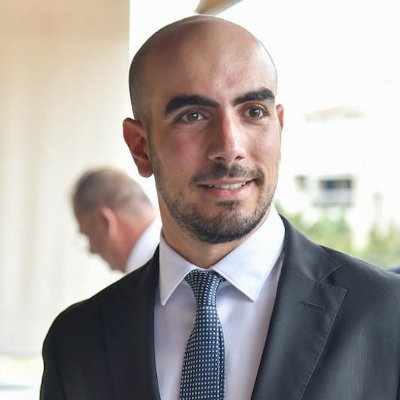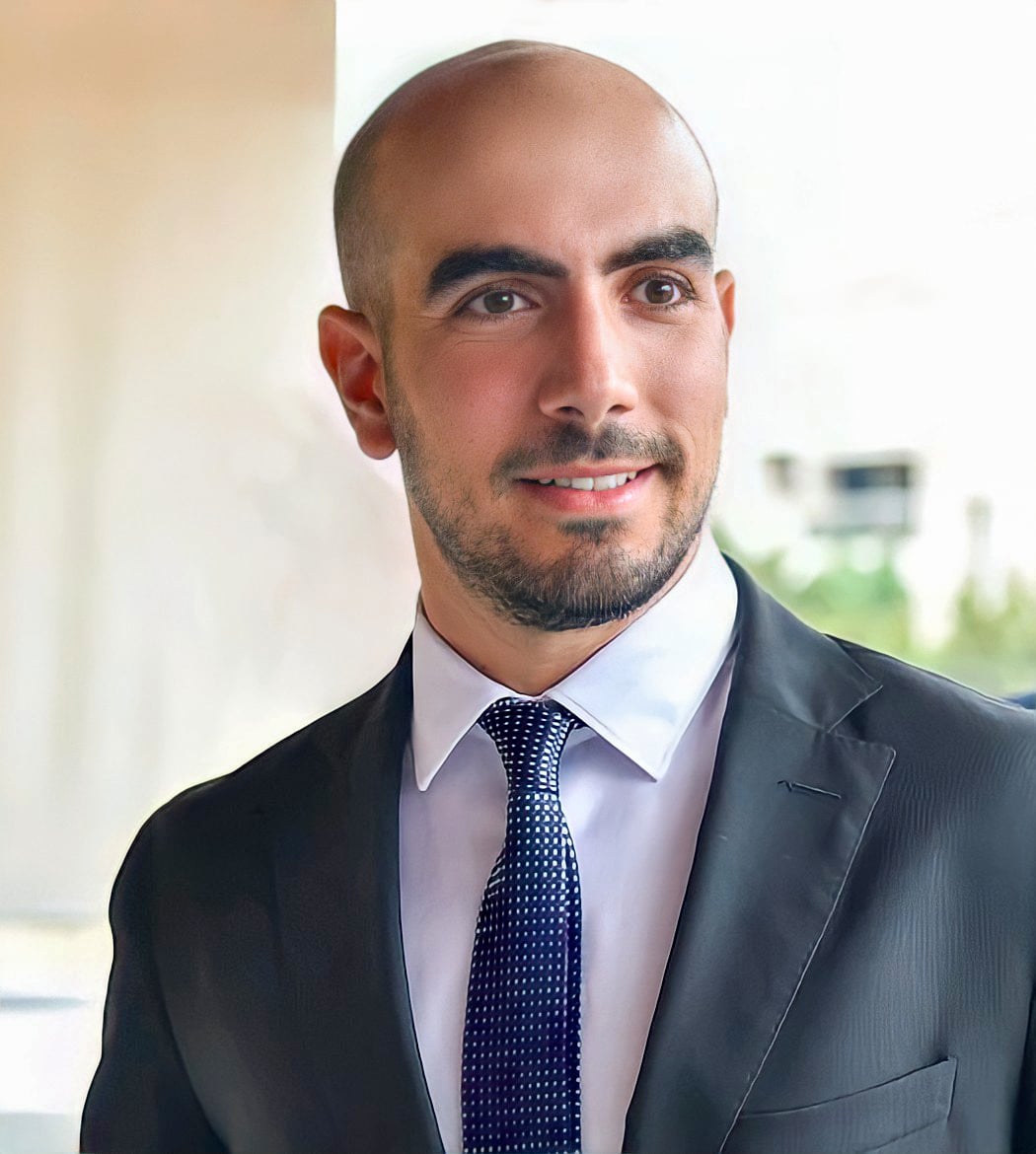Interview
Joze Piranian

Motivation specialist
8 July 2021
"It's okay to be different, on the contrary, you have to embrace what makes us unique."
Joze Piranian, you are a unique speaker, elected "Inspirational Personality of the Year" in 2017 ... Tell us about your background
I grew up in Lebanon with a pretty severe stutter and because of it I avoided speaking for over 25 years for fear of being judged by others. When I was 18 I moved to Montreal for my studies at McGill University and when I moved I imagined that I was going to be able to turn a new leaf in my life. However, I quickly realized that all my anxieties, all my anxieties, and all my insecurities had followed me to Montreal. So I continued to avoid speaking, in fact during my second year I begged all my teachers to skip all oral presentations. Because every time I spoke I was ashamed of being different, silence seemed to me the only solution. Everything has changed in recent years, I've been a Ted X speaker twice, won the Inspirational Personality of the Year award in 2017, and I've done stand-ups in three continents and in three languages. Today as a speaker I give speeches about inclusion and resilience in companies, conferences and schools internationally.
You were born in Lebanon, how has that shaped your vision of the world?
I will start by saying that I love Lebanon despite all the political, economic, social obstacles. However, growing up in the Middle East with a disability has not always been easy. Some societies make it harder for people who are different. However, there were plenty of benefits growing up in Lebanon, in a family of Armenian origin, including growing up with a unique perspective on the world.
You have suffered from severe stuttering since childhood, which caused you to refuse to communicate so as not to feel too excluded. What enabled you to break free from this “fear of speaking”?
First I went to England at the age of 18 to learn a breathing technique to control stuttering. Although this technique was useful, I found it very difficult to apply it because I had not overcome the obstacle at all mentally. After avoiding oral presentations at college I made the decision during my senior year to join the Public Speech Club and Debate Club. Despite this brief progress I still continued to be controlled by this fear of speaking for several years. Without doubt what allowed me the most to free myself was a combination of three things: the stand-up to regain control of my story, the public speech to learn to courageously share my vulnerability with the world and to finishing an exercise in which I forced myself to talk to a hundred strangers at the mall every week.
You are "stutterer in six languages" you say with humor. How did you manage to master so many languages?
One of Lebanon's greatest assets is linguistic plurality. I grew up speaking French, Arabic, English and Armenian. Then I learned Spanish in college and living in Mexico City as well as some Portuguese during my time in Rio de Janeiro. By stuttering in these six languages, I therefore have the opportunity to test the patience of people internationally!
You are one of the great characters in history who may also have suffered from stuttering: from Moses to Joe Biden, including several kings of France, Napoleon, Winston Churchill, Albert Einstein, Marylin Monroe, Bruce Willis or even Emily Blunt ... They all have in common that they have turned a weakness into a great strength, often by becoming excellent speakers. How can our greatest fears become our greatest strengths?
When you have a very great fear there is a certain decision to be made. Either this fear will control our life, destroy our potential and fill us with regret, or this same fear will act as a pretext for transformation. I took the first option for over twenty-five years before discovering that there was strength in that weakness. In order to convert our greatest fears into our greatest strengths we must be prepared to deal with discomfort continually.
If you had the chance, through revolutionary therapy, would you want to get rid of this weakness-turned-strength?
If this question had been asked of me before I had the opportunity to impact the world with a message of resilience and inclusion, I probably would have accepted. Today it's a little more complicated decision. That said, you never know how you would react when it comes to a surreal and highly improbable scenario.
You have traveled a lot, from your childhood in Lebanon to your studies in Canada… What country would you dream of living in?
In addition to Lebanon and Canada I also had the opportunity to live in Mexico City and Manhattan. As someone who loves to travel a lot, I have had a great time in Latin America especially in Colombia and Brazil. Although I still don't know which country I will be living in long term, I would like to spend more time in Latin America and Spain. One of the advantages of being an international speaker is that this way of life allows me to discover really interesting places.
If you had the chance, what would you do to change the world?
Not to just say a cliché about world peace or the climate, indeed other experts are more qualified than me in these fields there, I would rather concentrate on the amplification of my current mission. After spending over twenty five years being controlled by the fear of judgment, my mission is to make sure that everyone who hears my message feels inspired to take responsibility for who they are and that they take action despite the discomfort in order to realize their true potential on Earth. If I had the chance to change the world, I would share my post with a billion or more people!
"In order to convert our greatest fears into our greatest strengths we must be prepared to deal with discomfort continually."
If you could time travel, what advice would you give to the child that you were?
If it were possible to speak with Joze as a child or teenager, I would have three tips. First, I would reassured him that it is okay to be different, on the contrary, we have to take responsibility for what makes us unique. Second, I would encourage him to use fear as a compass to guide us where we need to go. In the end I would tell him not to wait for a click that will change our life. It is through millions of micro moments of courage that true transformation is possible.
